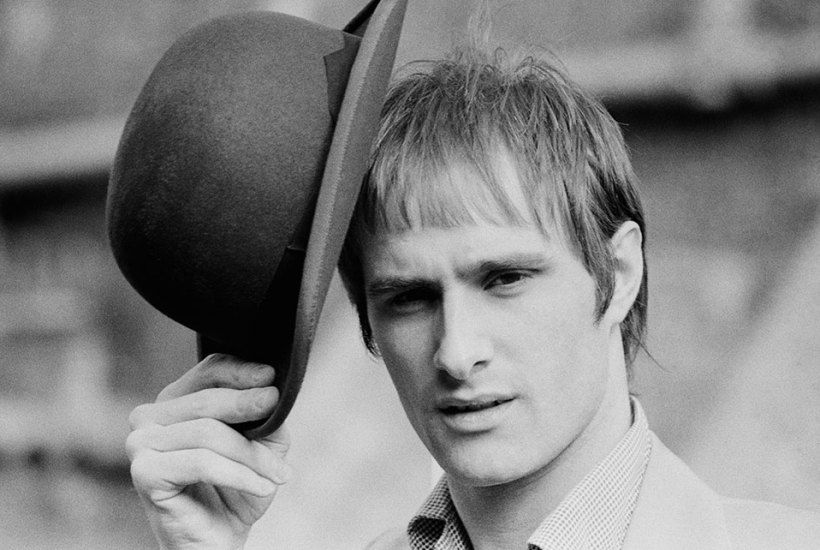You may have noticed by now that the airtime devoted to dead popstars bears scant relation to their actual importance in the genre, or indeed their popularity. So, for example, the death of the smackhead rapper Coolio was headline news on the BBC and the subject of a fawning feature on the PM programme, despite the fact that he had only one really big hit in the UK – ‘Gangsta’s Paradise’ – the bones of which were written by Stevie Wonder.
Already a subscriber? Log in
Subscribe for just $2 a week
Try a month of The Spectator Australia absolutely free and without commitment. Not only that but – if you choose to continue – you’ll pay just $2 a week for your first year.
- Unlimited access to spectator.com.au and app
- The weekly edition on the Spectator Australia app
- Spectator podcasts and newsletters
- Full access to spectator.co.uk
Or
Unlock this article
You might disagree with half of it, but you’ll enjoy reading all of it. Try your first month for free, then just $2 a week for the remainder of your first year.









Comments
Don't miss out
Join the conversation with other Spectator Australia readers. Subscribe to leave a comment.
SUBSCRIBEAlready a subscriber? Log in